Picasso famously said, “Art is a lie that tells the truth.” This design below is my attempt to represent this quote – at least the first part of the quote.
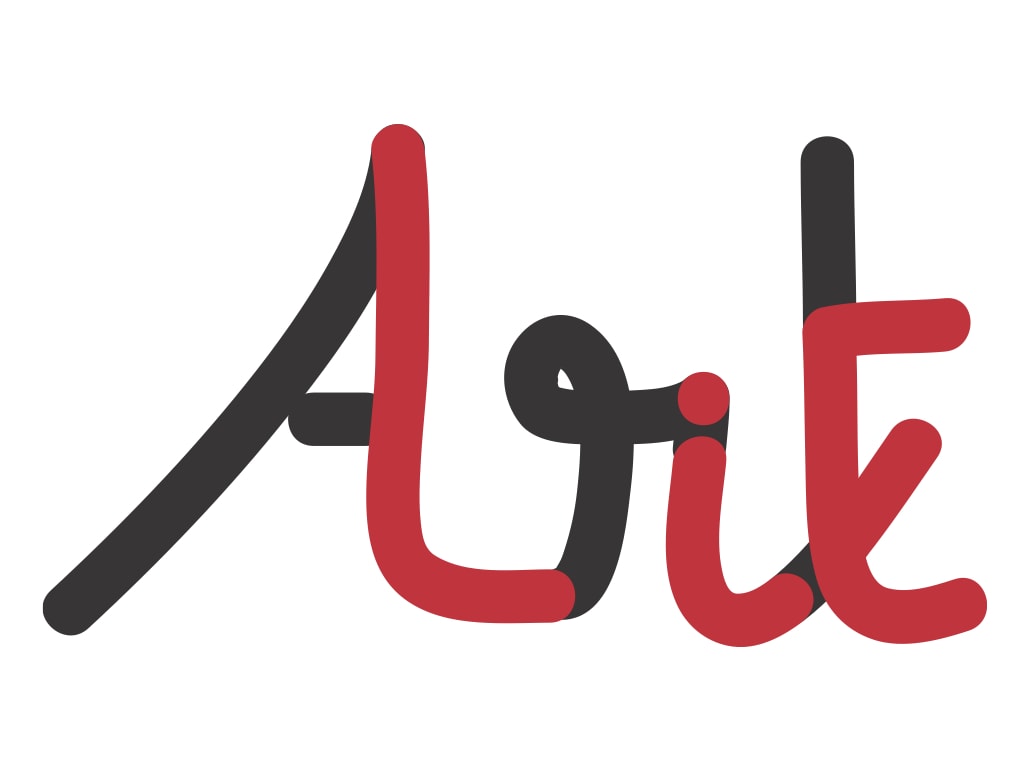
Of course, as most things go, it is not clear whether Picasso ever actually said these specific words. But again, this may be a lie that tells the truth! (For more on what he may actually have said go here.)

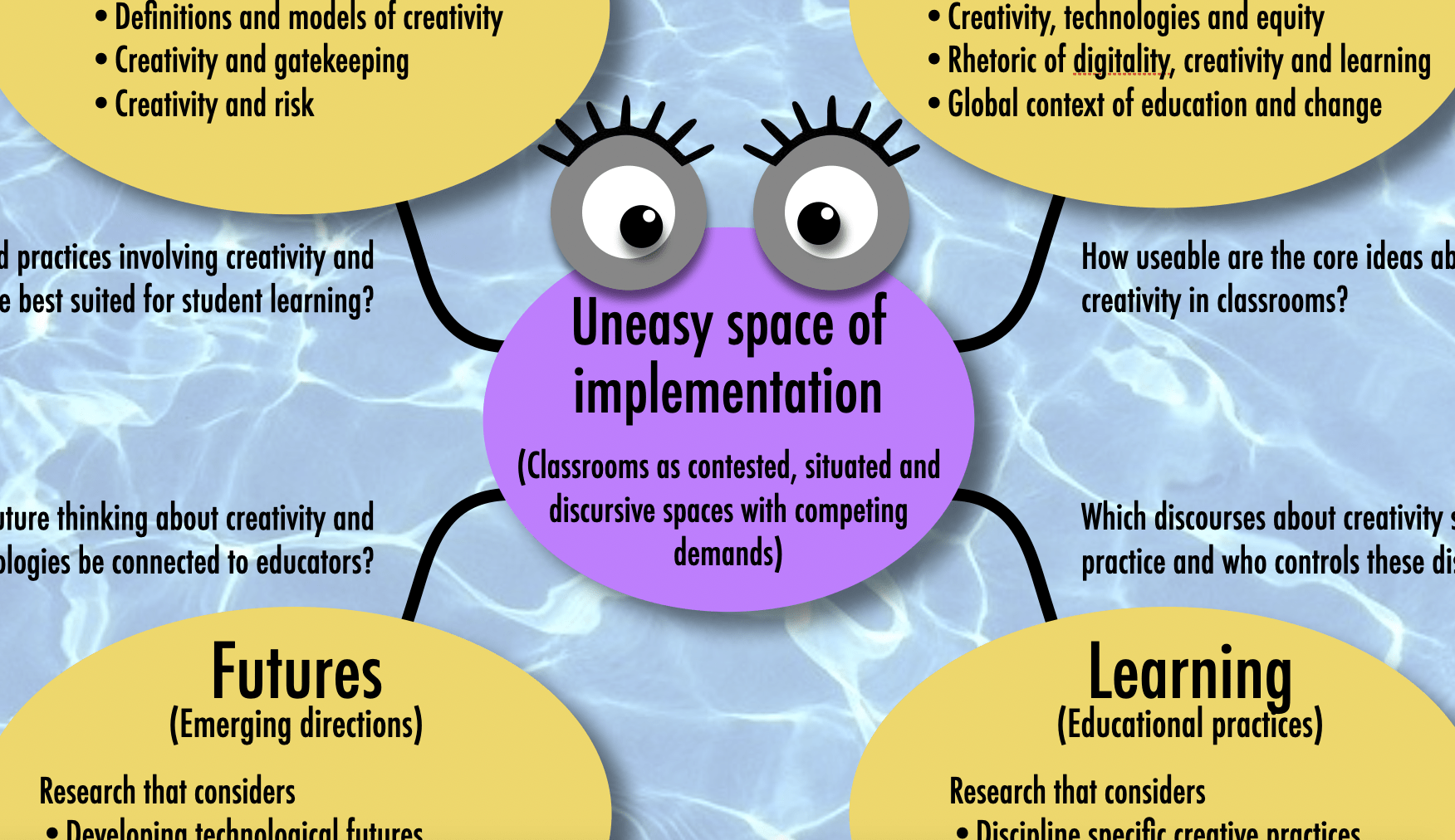
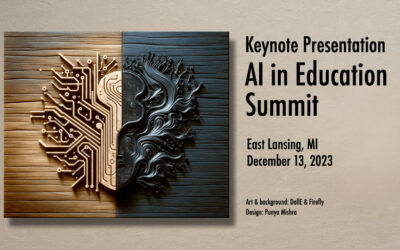
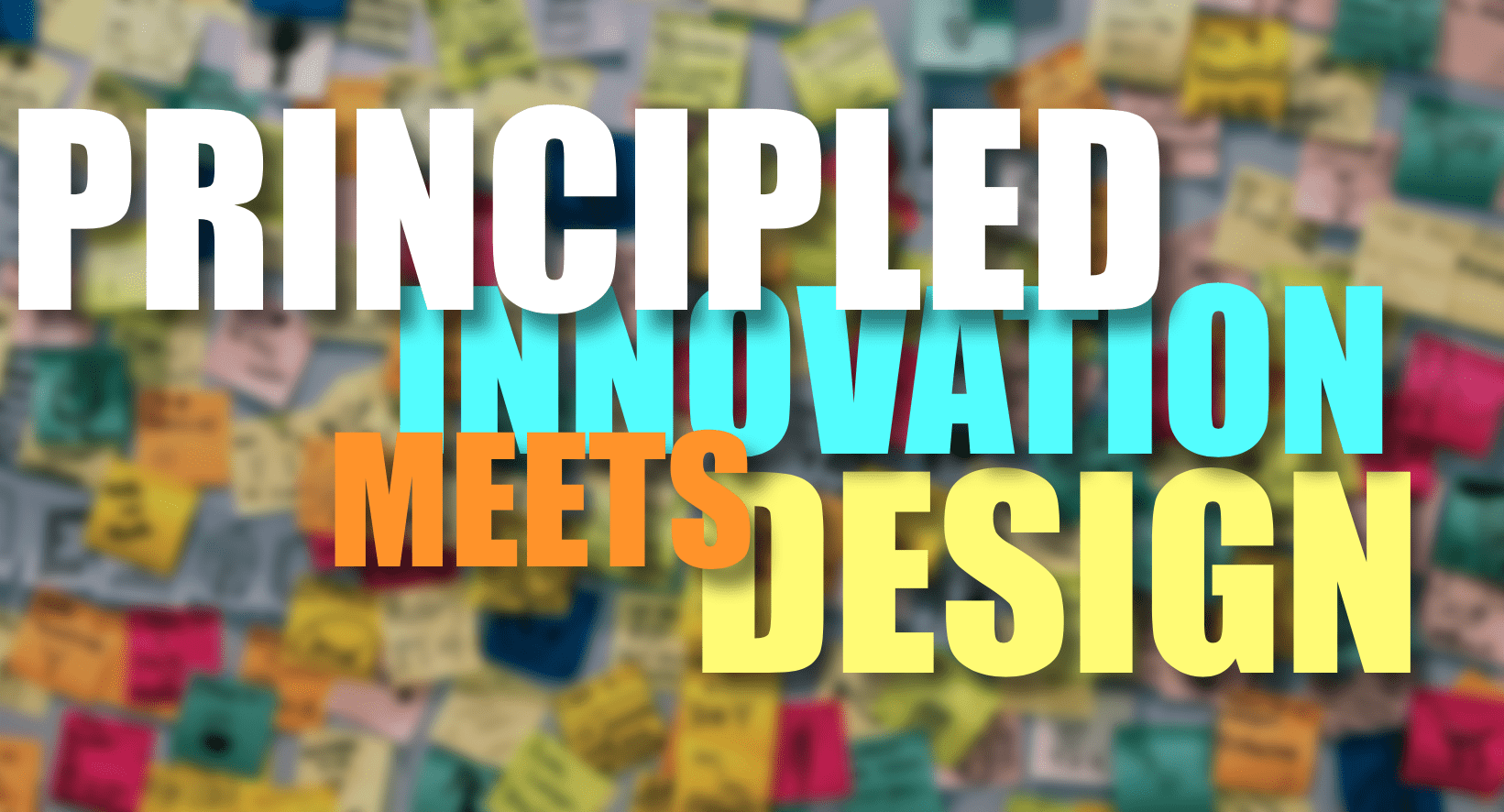
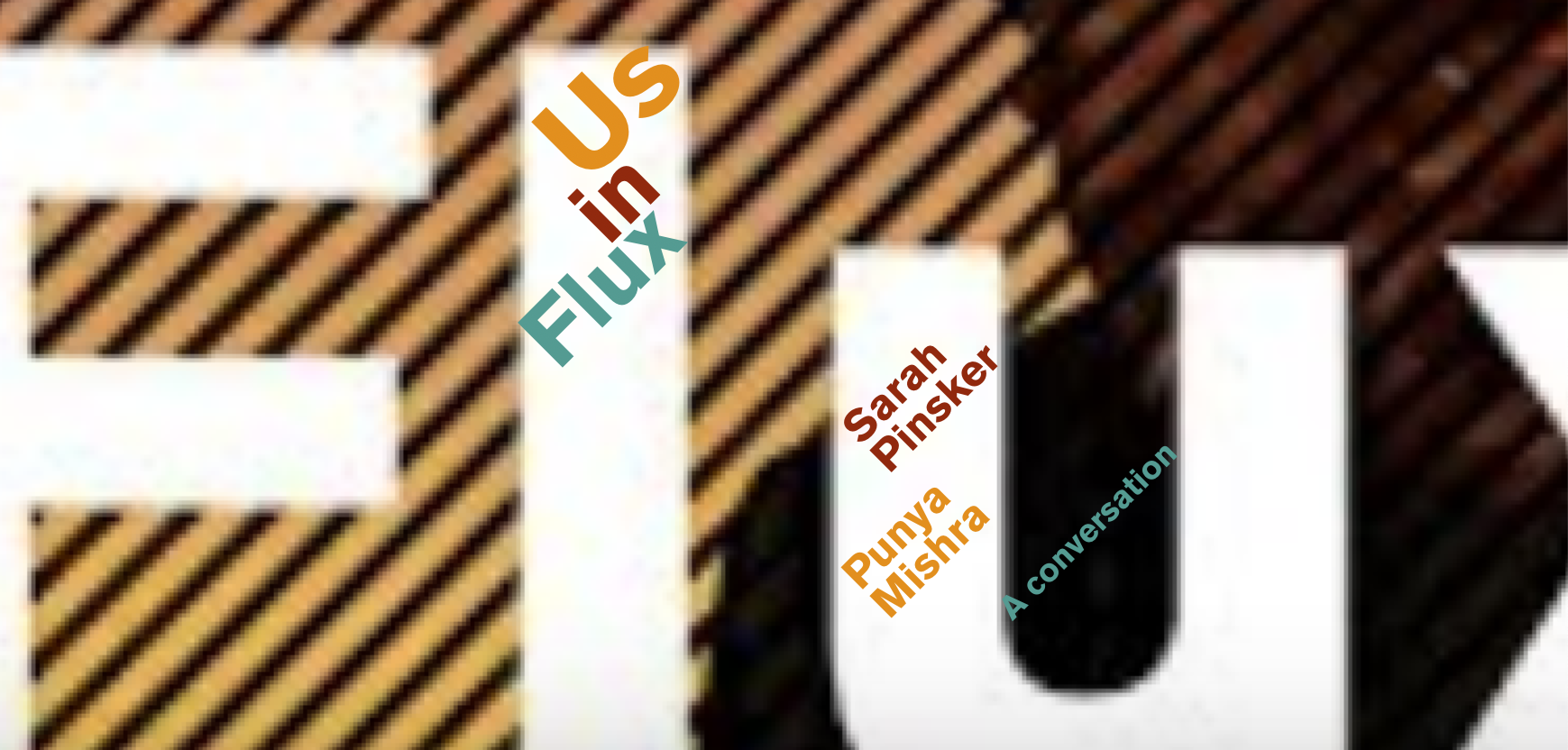
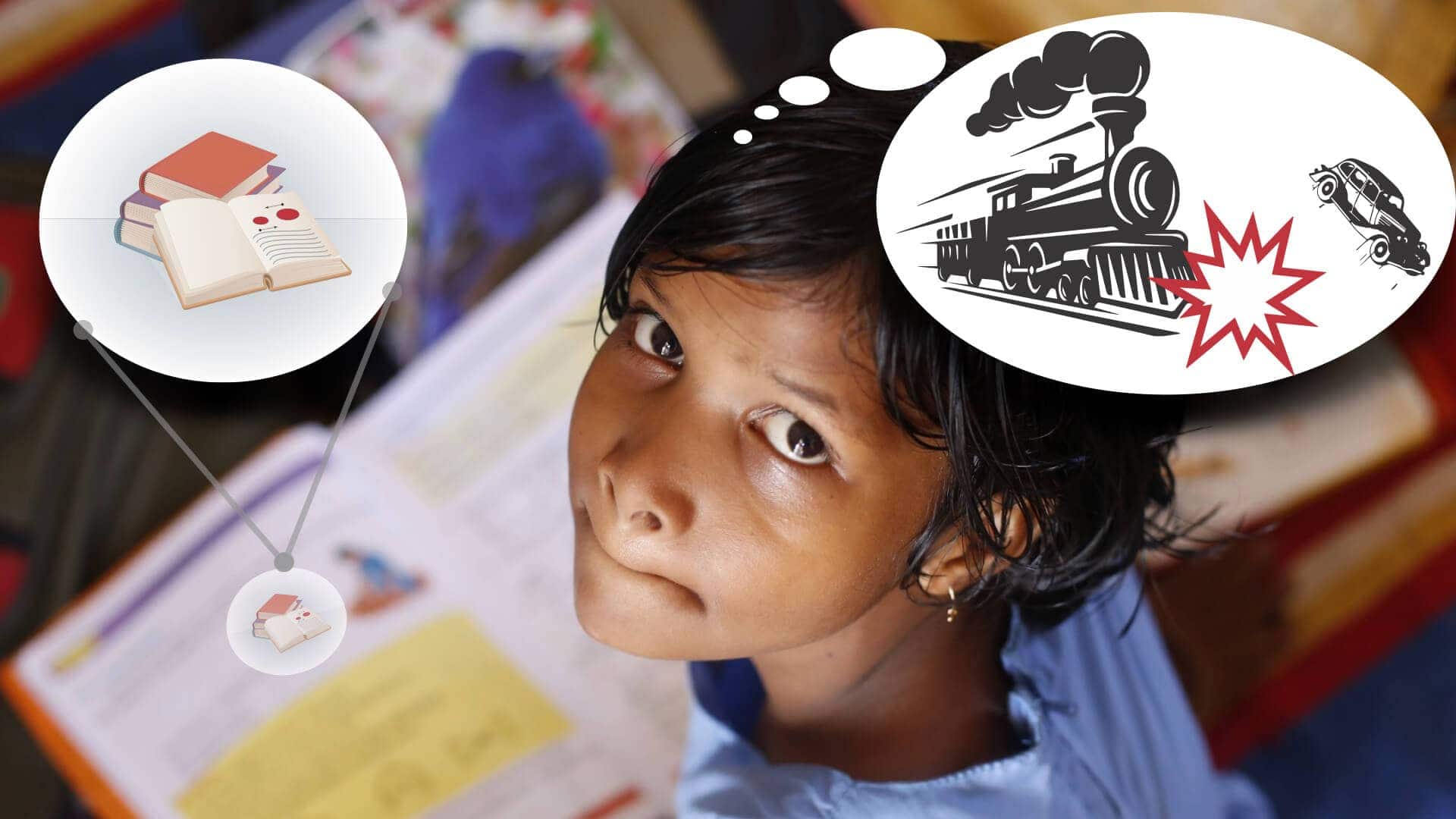
0 Comments